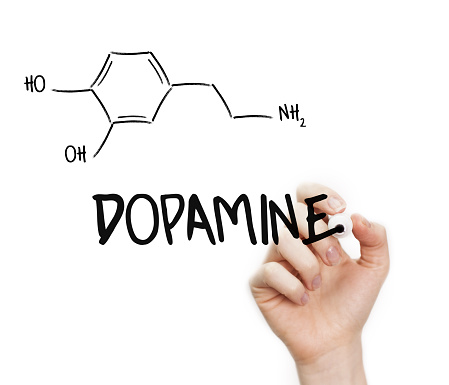How Much Do You Like the Likes on Your Social Networks?
How would you feel if suddenly you were paid 5 euros?
How do you feel after having that coffee you really wanted?
How do you feel when you are praised for a job well done?
Positive Reinforcement
Well, you feel terrifically good. Because when we do something and are rewarded for it, a series of reactions occur in our body that we really like. It can even become addictive.
This is because everything that happens in the form of a reward (whether it’s money, words of recognition, food, or even a like) constitutes a positive reinforcement. As its name suggests, a positive reinforcement strengthens us to continue doing what we are doing because hey! there’s a reward.
That’s why we can say that likes are equivalent to an achievement, to reinforcement. Because the message they carry is something like:
“What beautiful photos from your last trip”
Or something like “you look gorgeous” or also “I love that outfit, it suits you so well”.
In all the examples, what we do is reinforced, whether it’s eating a pizza (and obviously, taking a photo), getting dressed or wearing a particular style, or posing to take 100 selfies before uploading one.
Therefore, a like is recognition, an immediate reward for doing what we do just like money, kind words, or a meal we like. And I say immediate because that’s why we check Instagram every 5 minutes after uploading a photo. Because we want approval and recognition now, here and immediately.
And of course… that’s addictive!

The culprit of pleasure
Receiving likes is the same as being “flooded” with dopamine. But, what is dopamine?
Dopamine is a neurotransmitter that is present in various areas of the brain and is especially important for the body’s motor function “dopamine is important in all nerve responses related to the expression of emotions”. That is, it is a natural and necessary substance for humans, secreted by our brain in certain situations.
And of course, it happens to be that, being so linked to emotions, it is the hormone we generate when we feel immediate pleasure (for example, when eating, shopping, or having sex)
And we already know that likes are an immediate reinforcement. So, like = dopamine “for the body”.
And what are the effects of dopamine?
When receiving likes, eating chocolate, having sex, shopping, or using some drugs we secrete dopamine. Therefore, we feel pleasure. Our brain and body like this sensation and want more, so they seek and search for more of that dopamine.
Something similar to the sensation of having “withdrawal” from a drug like coffee or tobacco can happen with likes, as by repeating the behavior and the reinforcement occurring again, we need more of that substance that generates feelings of pleasure.
That’s why sometimes it’s said that likes or social media are addictive, because they trigger the release of dopamine and can make us enter a loop where we need more and more to feel good, as happens with drugs, shopping, and gambling.

Inside or outside?
This is the most biological explanation. It’s true that there are other processes that influence having a real dependency on likes and image on networks. These processes have to do with “where we place our self-esteem”. If we base it on physical appearance, external aspects, or compare ourselves to others like “influencers and their perfect lives”, this will fuel the “addiction to likes” process due to dopamine. Because if there’s already a biological cause that makes us like likes and moreover, our self-esteem and self-concept increasingly depend on likes, we have the perfect cocktail for a real problem.
There is a very useful and simple technique to evaluate how important all the factors that condition our self-esteem are to us, such as physical appearance, success, romantic relationships…
Do you know the pie technique?
Stay tuned, posts about that cake called personal self-esteem are coming.












